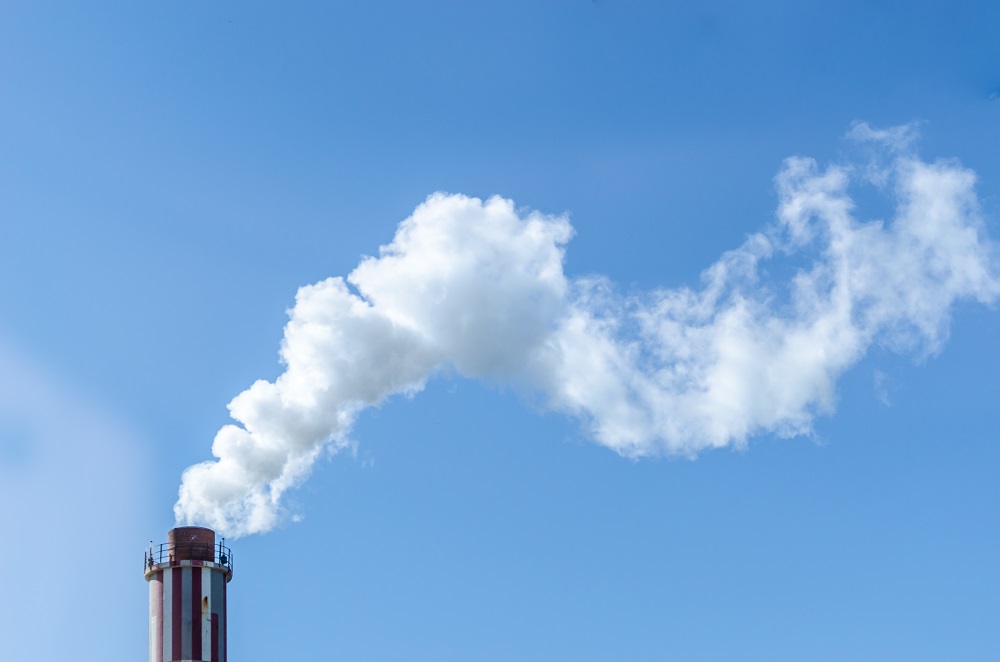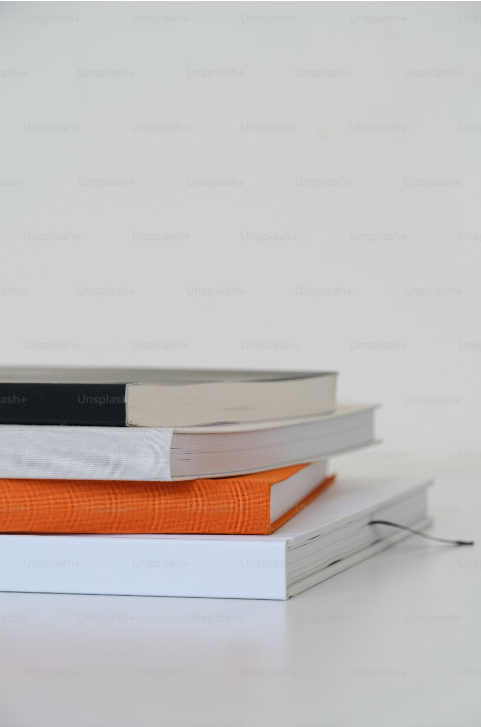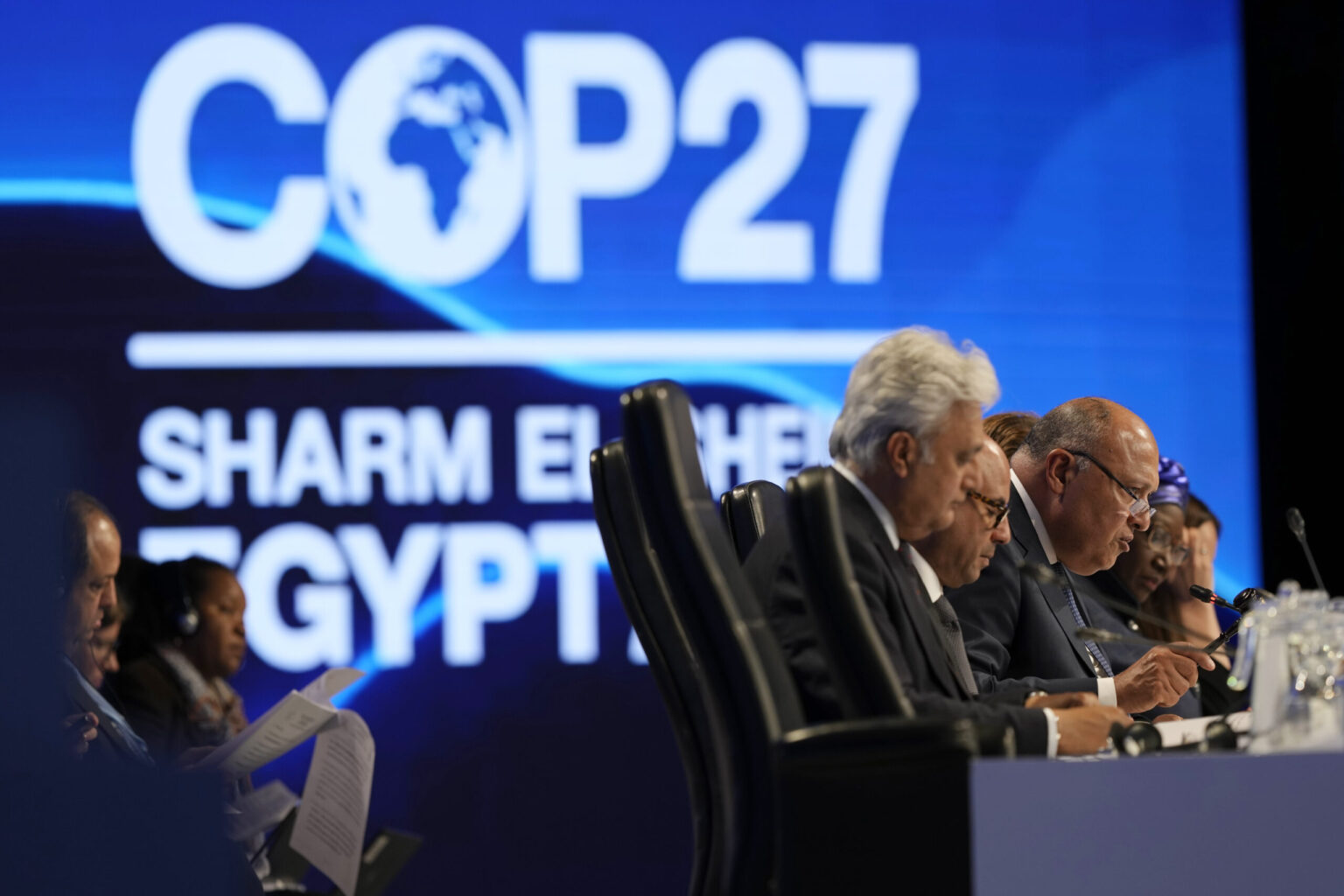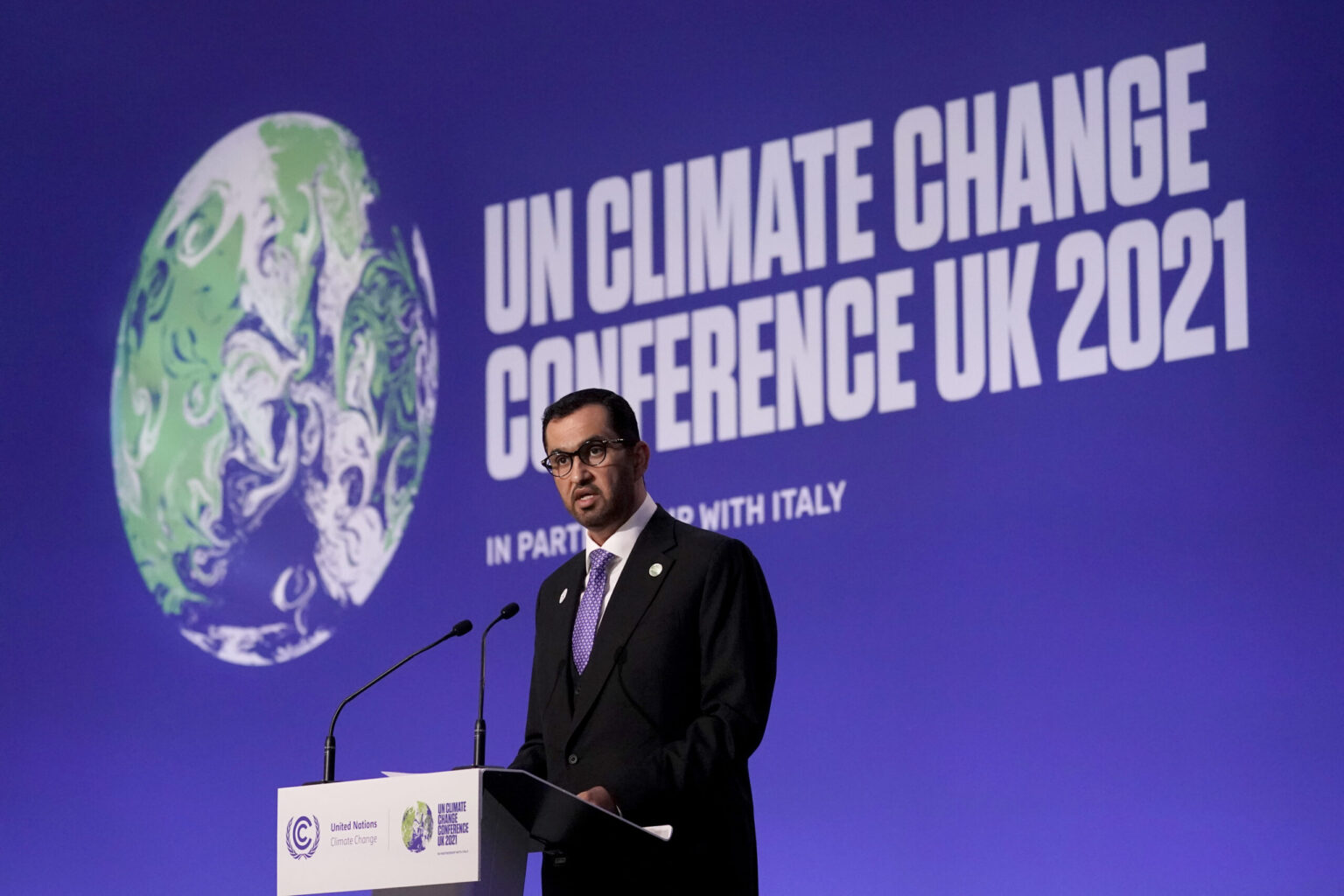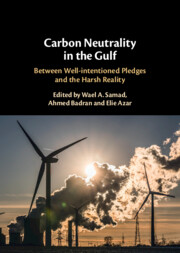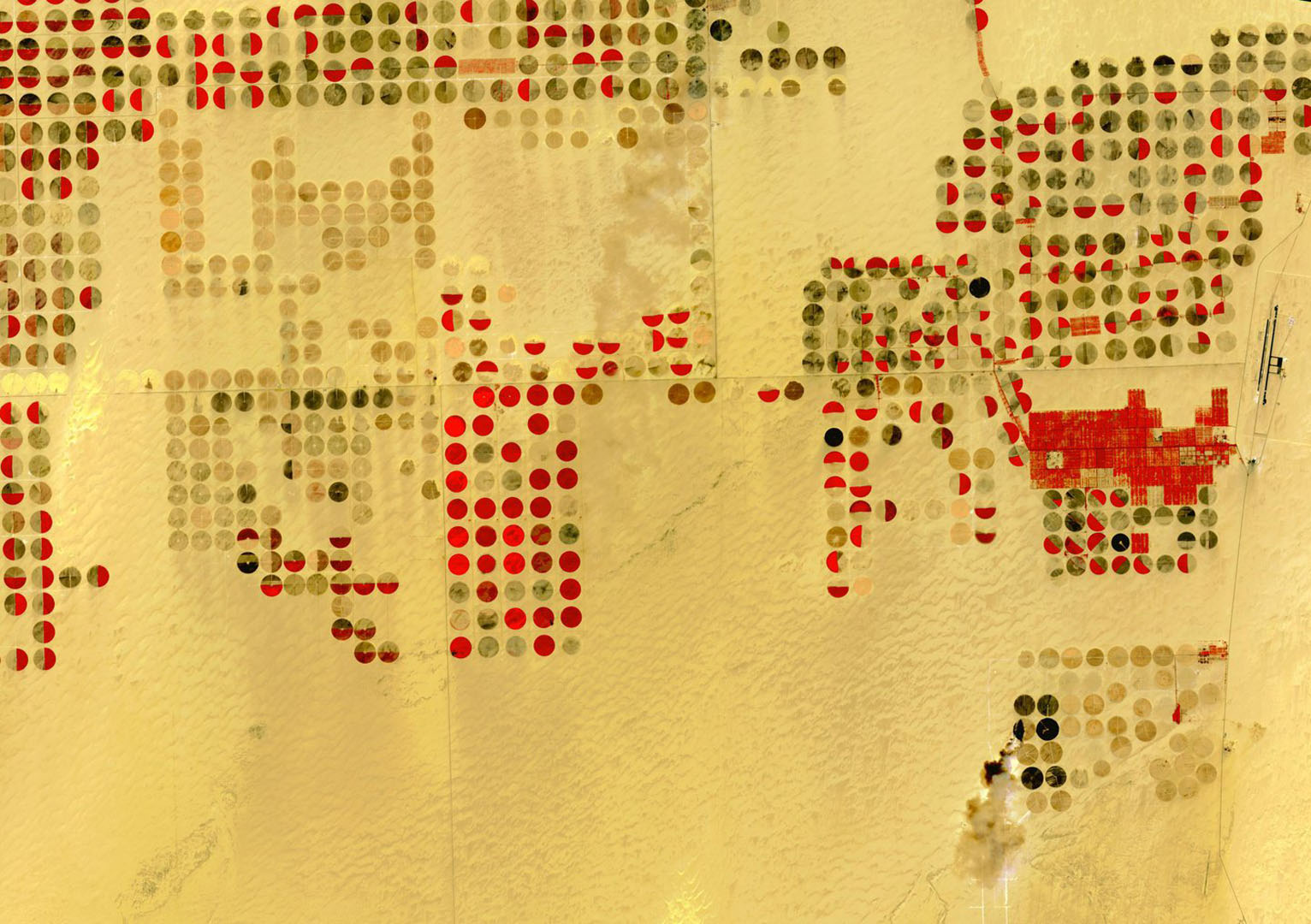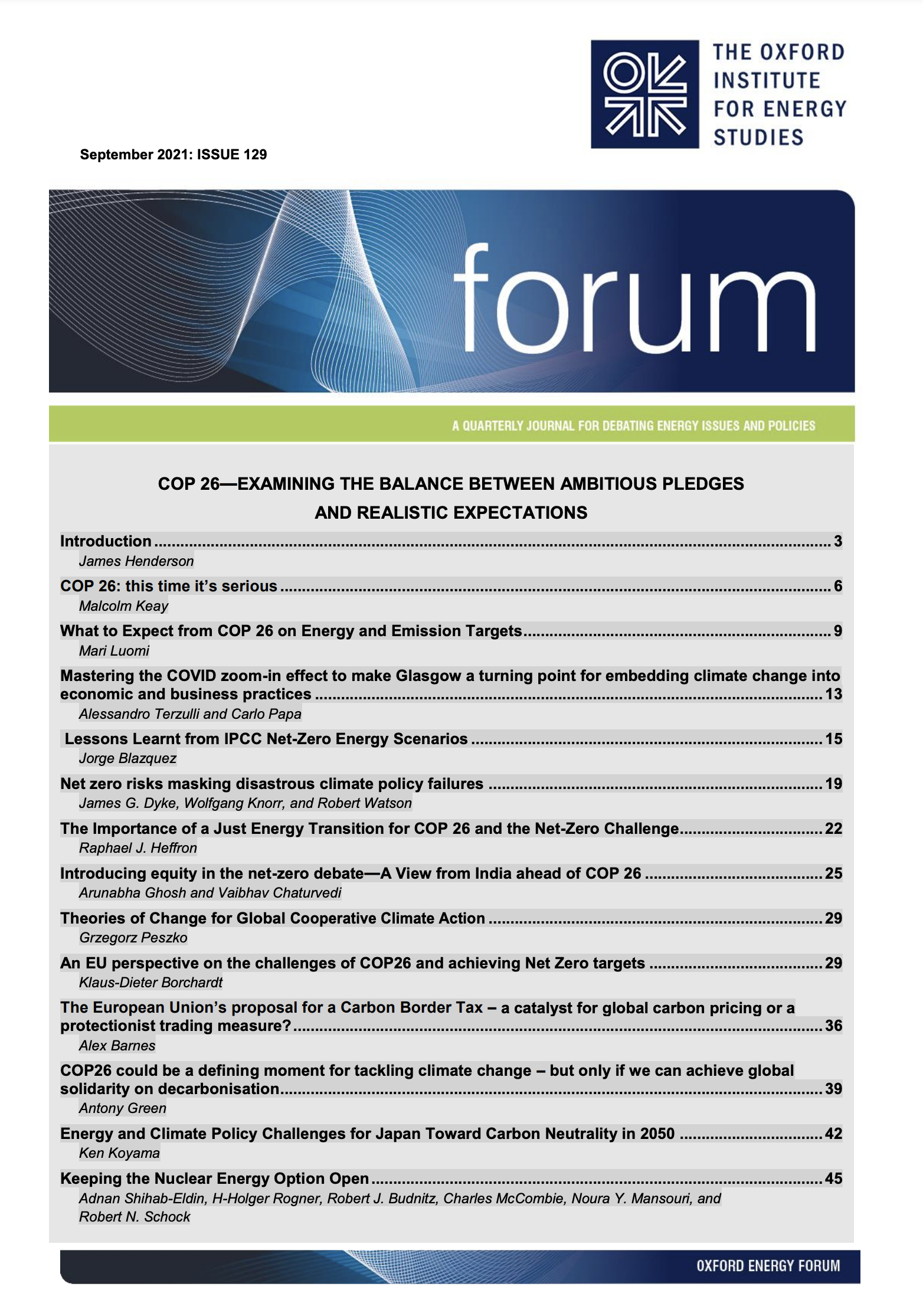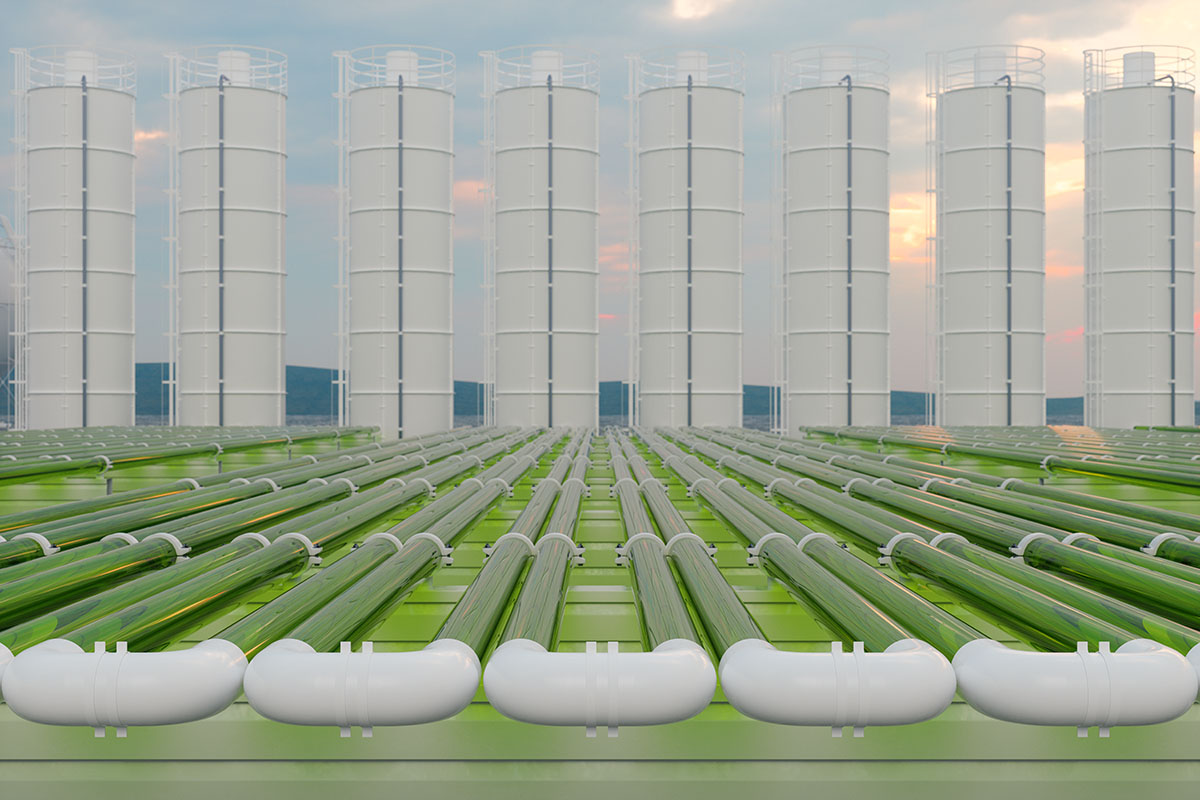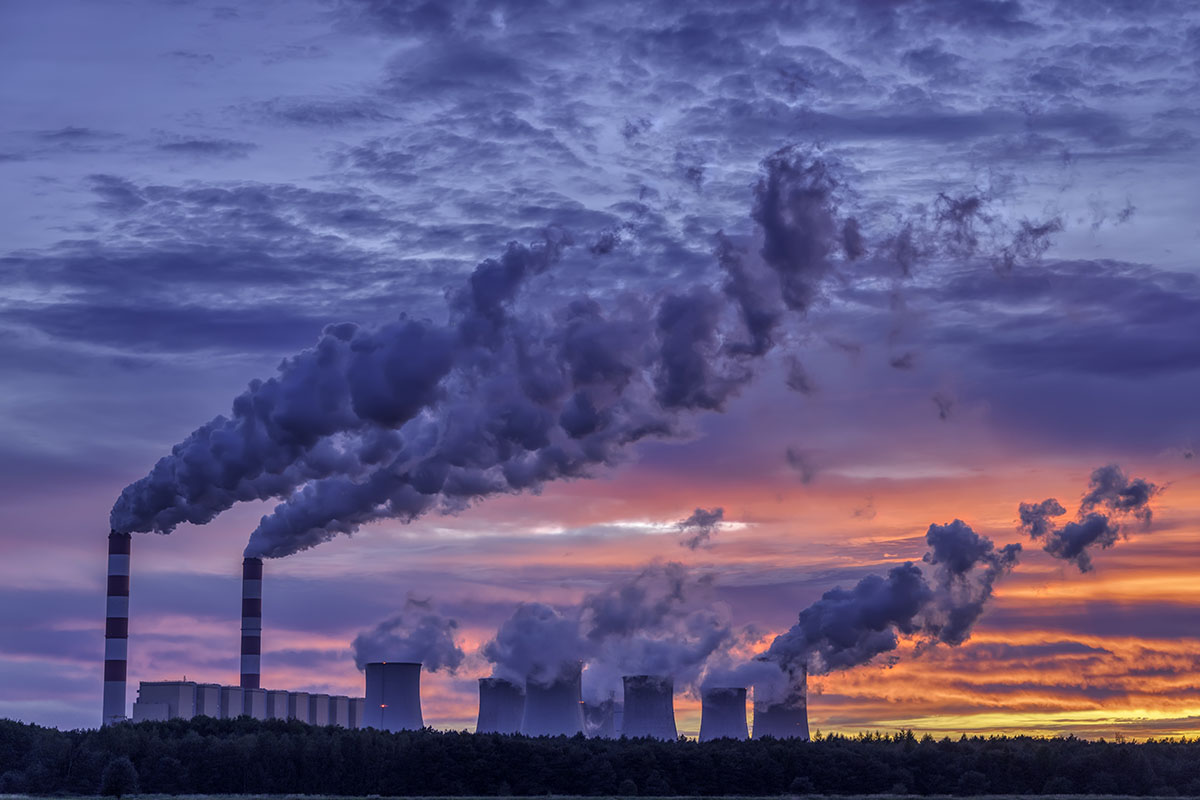
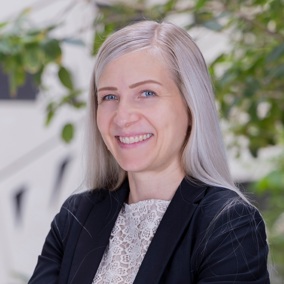
Primary Program

About
Mari Luomi is a Principal Fellow in the Climate and Sustainability Program at KAPSARC, with expertise in climate change, energy transitions, and sustainable development policy. She has close to two decades of experience working on Gulf and global policy issues and leads research on carbon markets and the Circular Carbon Economy Index. She has held roles at leading institutions such as the Oxford Institute for Energy Studies, the International Institute for Sustainable Development, Georgetown University, and the Finnish Institute of International Affairs. Mari holds a Ph.D. in Middle Eastern studies from Durham University and a master’s degree in political science from the University of Helsinki.
Education
2008-01-01 - 2011-06-29
University of Durham
PhD - Middle Eastern Studies
2000-08-01 - 2006-04-19
University of Helsinki
Master - International Politics & Political Science
2000-08-01 - 2004-11-03
University of Helsinki
Bachelor - International Politics & Political Science
Publications
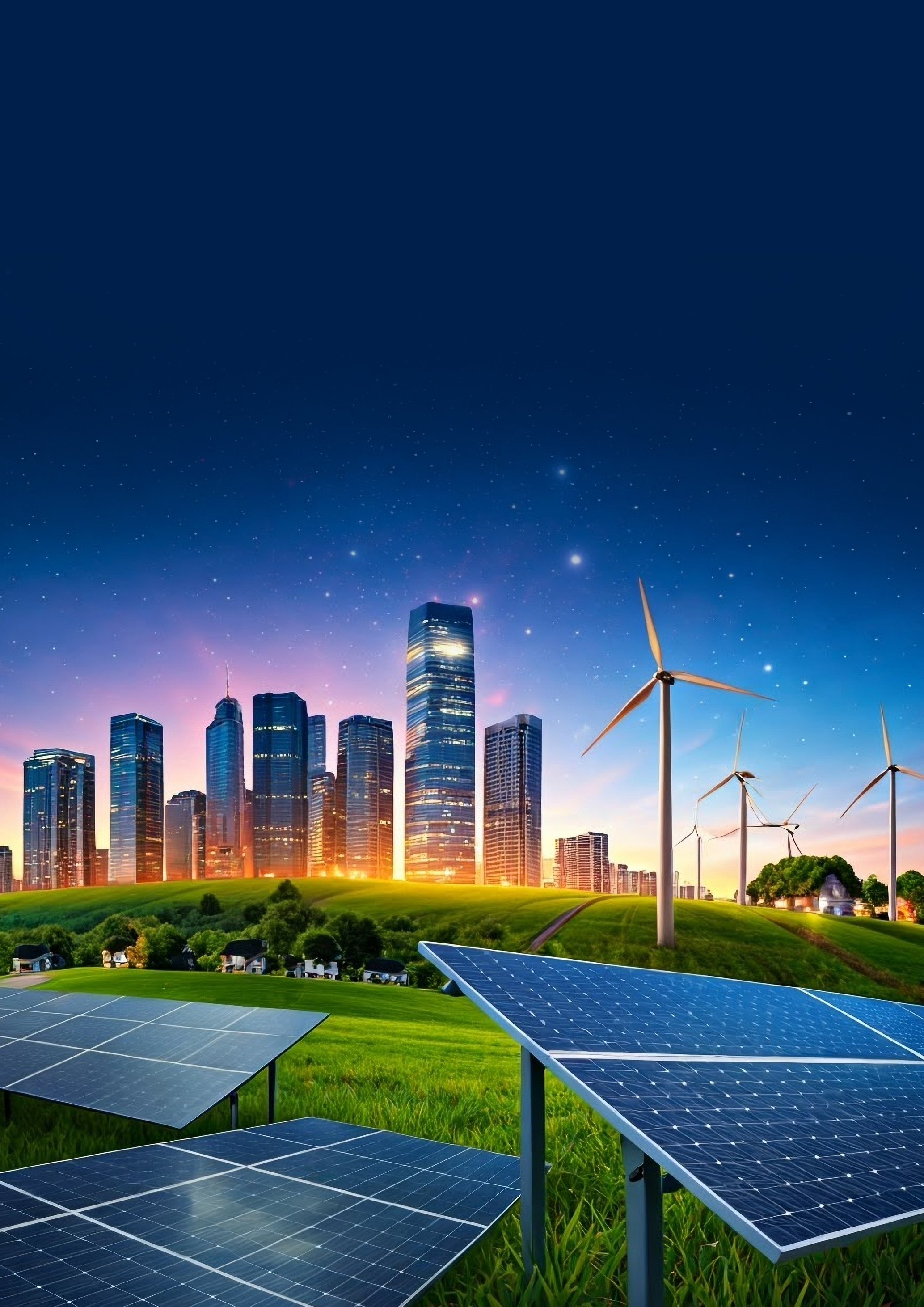
12 February 2026
The Circular Carbon Economy Index 2025: Results
- A multi-dimensional approach to energy security, under...
- Closing CCE performance gaps will require strengthening enabling policy environments and scaling up clean technologies and finance.
- CCE transitions in developing countries can be accelerated with scaled-up implementation support.

07 January 2026
Design Elements for Effective Compliance Markets: Insights From Existing Emissions Trading SchemesA growing number of emerging economies are developing emissions trading schemes (ETSs), which are considered among the most effective climate policy instruments. There are diverse ways to design and operate an ETS. This KAPSARC Discussion Paper analyzes the major design choices involv...

20 May 2025
Race to the Top: Harmonizing Regulations for Geological CO₂ Storage Under Article 6The urgent need to mitigate climate change underscores the importance of achieving reliable and widespread deployment of geological carbon storage. This discussion paper highlights the role of robust and harmonized state regulations in ensuring the environmental integrity of CO2 stor...

09 March 2025
Carbon Markets and Saudi Arabia: A Review of Options and Analysis of Carbon Crediting PotentialIn response to the growing interest in carbon markets in Saudi Arabia, KAPSARC implemented a study to better characterize and understand the potential for carbon crediting in the Kingdom. The focus was specifically on providing estimates of the potential for supply and demand of carbo...

14 November 2024
The Circular Carbon Economy Index 2024 – ResultsThe 2024 CCE Index provides a multidimensional overview of the current state of net-zero transitions worldwide, covering 125 countries from all world regions. It is based on the holistic, technology-neutral and flexible concept of the circular carbon economy (CCE), where a full CCE i...
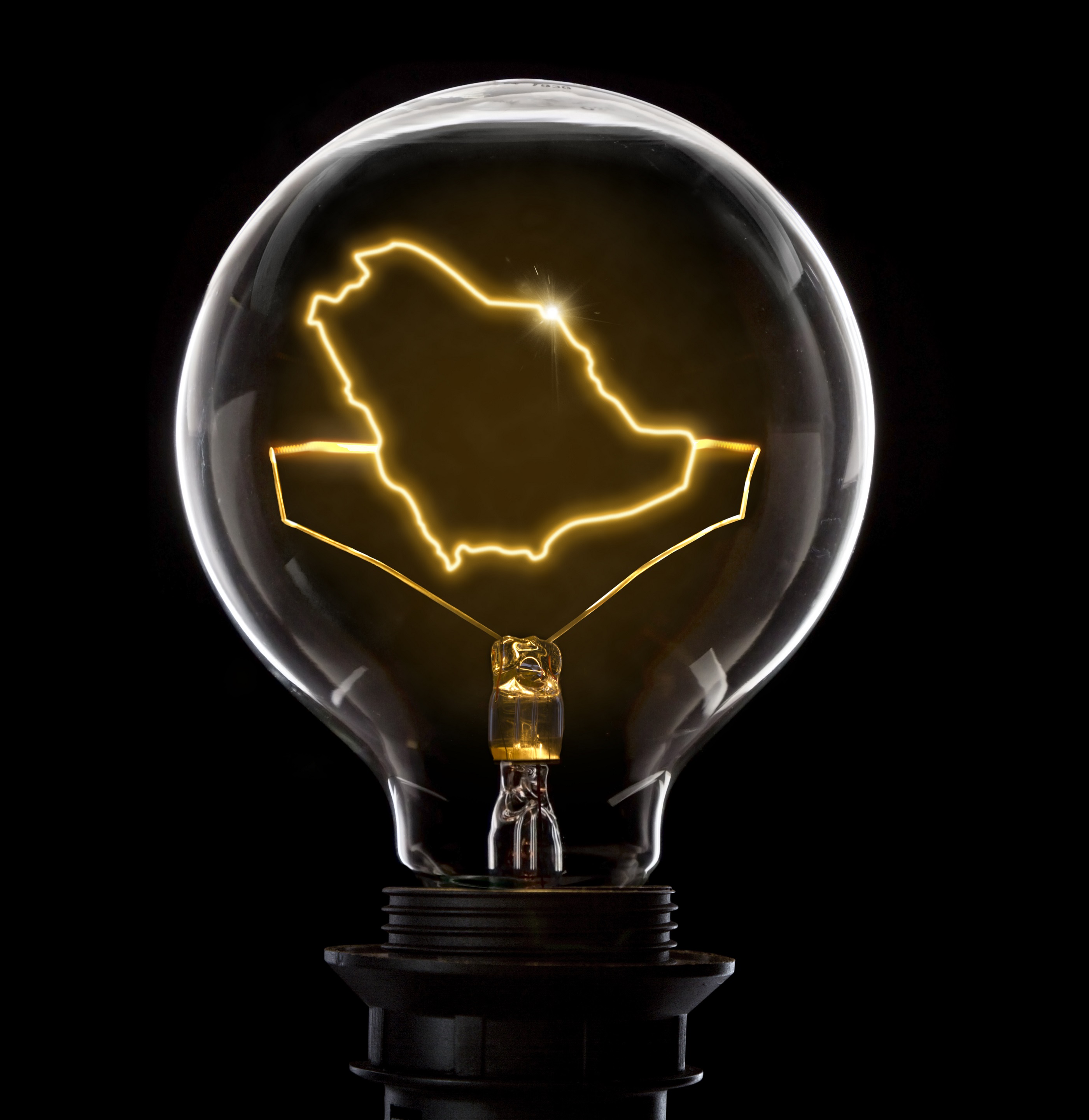
06 October 2024
Saudi Arabia and the Circular Carbon Economy: From Vision to ImplementationThis case study shows how the Circular Carbon Economy (CCE) Index can be used to analyze a country’s CCE performance and enablers in a holistic manner and in a comparative context, relative to other countries. Saudi Arabia is an extremely relevant country to examine in this context g...
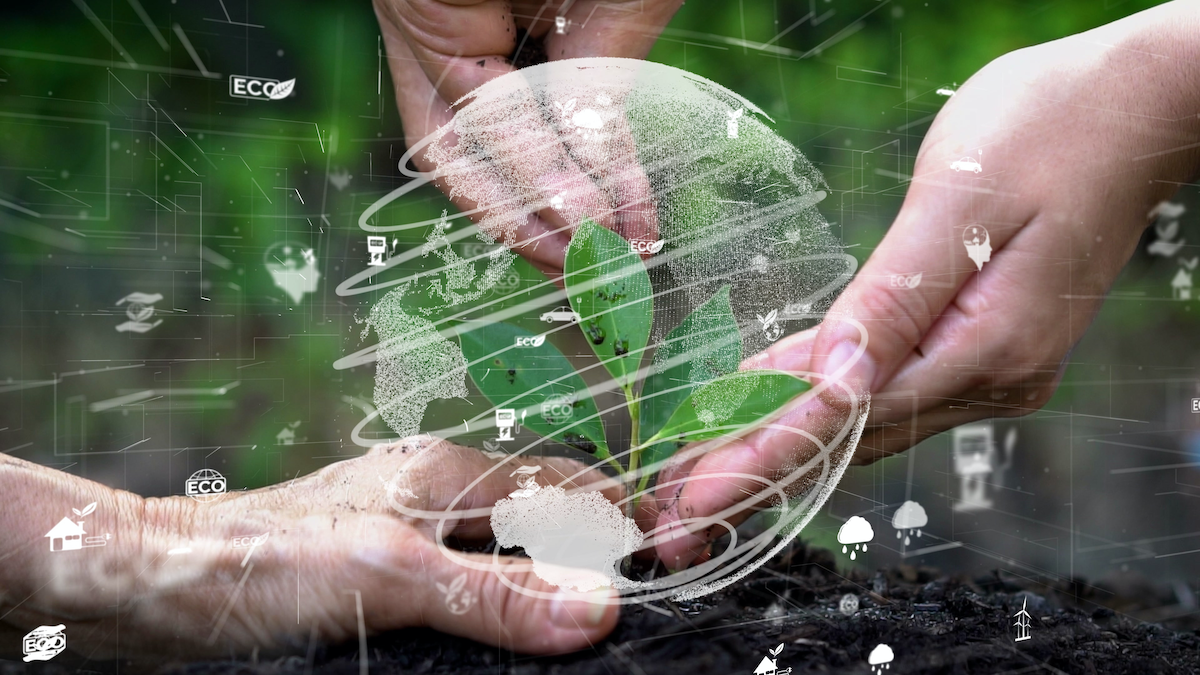
12 September 2024
Southeast Asia and the Circular Carbon Economy: A Rapidly Developing Region

12 September 2024
Middle East and North Africa and the Circular Carbon Economy: Seizing the Potential for ActionThe Middle East and North Africa (MENA) region is an emerging center of energy demand. Economic and population growth, increasing industrialization as well as rising living standards are all expected to contribute to a continued increase in the region’s energy consumption over the co...

31 March 2024
The Circular Carbon Economy Index 2023: ResultsThe Circular Carbon Economy (CCE) Index provides a comparative overview of where countries stand on the road to net-zero and how well equipped they are to get there. The CCE Index compiles quantitative data points from 38 robust sources into a composite indicator covering countries r...

09 October 2023
Closing the Investment Gap to Achieve Paris Agreement Goalshis study aims to assess the alignment of global sustainable financial flows with transition investment priorities. First, we identify investment gaps based on the difference between the required annual investment to meet global net-zero emissions (NZE) targets and current inve...

06 June 2023
Lessons from Gulf Cooperation Council Countries’ Participation in the Clean Development Mechanism
rbon markets have rapidly risen on government and corporate agendas in the Gulf Cooperation Council (GCC) countries as the region gears up to implement the Paris Agreement and pursue ambitious net-zero greenhouse gas (GHG) emission targets. Governments have expressed interest in part...

05 March 2023
The Circular Carbon Economy Index 2022 – Results
The circular carbon economy (CCE) concept provides a holistic, flexible and pragmatic framework for countries to plan their energy and economic transitions to lower carbon dioxide and greenhouse gas emission levels and, ultimately, net-zero emissions. The CCE Index measures countries...

10 November 2022
The Circular Carbon Economy Index 2022 – ResultsThe circular carbon economy (CCE) concept provides a holistic, flexible and pragmatic framework for countries to plan their energy and economic transitions to lower carbon dioxide and greenhouse gas emission levels and, ultimately, net-zero emissions. The CCE Index measures countries...

14 June 2022
The Gulf Cooperation Council and the Circular Carbon Economy: Progress and PotentialOver the past year, all six Gulf Cooperation Council (GCC) countries have updated their medium-term greenhouse gas (GHG) emission targets by submitting revised nationally determined contributions (NDCs) under the Paris Agreement. Bahrain, Saudi Arabia, the United Arab Emirates (UAE),...

29 December 2021
The Circular Carbon Economy Index 2021 – ResultsThere is an urgent need to align global carbon dioxide and other greenhouse gas emissions with climate-safe trajectories. A broad range of technologies and approaches are needed to achieve this cost-effectively and equitably. The circular carbon economy (CCE) concept provides a holis...


